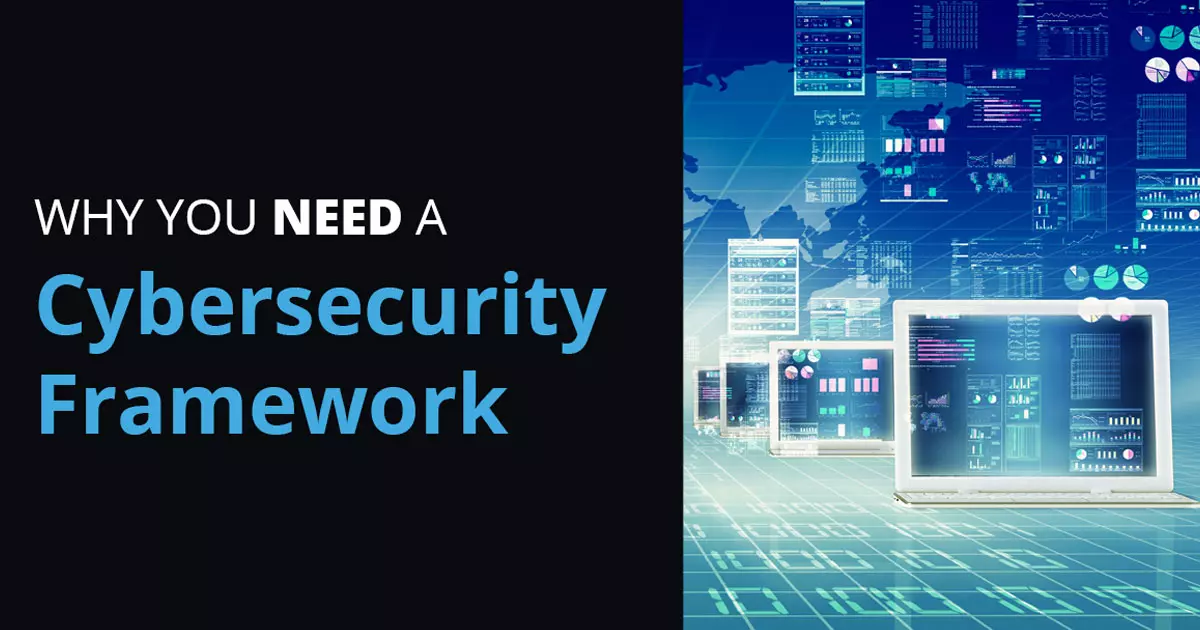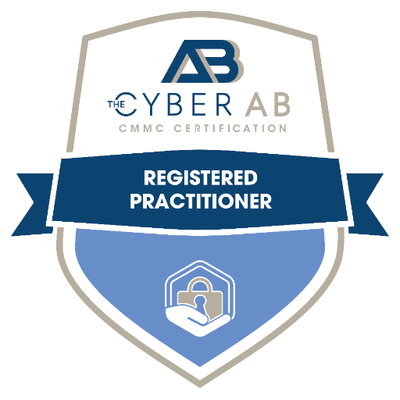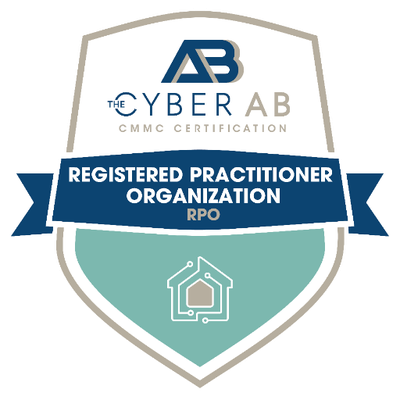In this era of destructive, highly publicized data breaches, cybersecurity is more essential than ever. Yet for businesses struggling to achieve it — or even wondering where to begin — it can also be a serious challenge. For these organizations, implementing a cybersecurity framework (CSF) should be a top priority.
But what is a cybersecurity framework, anyway? And how will it help your business? Here’s what you should know.
What Is a Cybersecurity Framework (CSF)?
First thing’s first: Just what is a cybersecurity framework? In simple terms, a CSF is a master plan that offers the guidance needed to properly assess and manage every aspect of achieving data security on an organization-wide scale. A cybersecurity framework offers a blueprint for meeting all of your industry’s regulatory requirements as well as putting in place the best possible defense against cyber-attacks.
Of course, the security considerations of a startup will differ from those of a billion-dollar corporation. They’ll also vary depending on the market you serve — be it local, national or international — and your industry. For example, the regulatory obligations for healthcare are, of course, different from those of finance. Similarly, an online retailer will have different needs than a government contractor.
Because there are so many different variables at work when designing the best possible cybersecurity strategy, there are also a number of different types of CSFs available to accommodate them. Yet among them, a handful are used most often, and serve as the best starting point for companies looking to implement the basics of cyber defense.
The Main Types of Cybersecurity Frameworks
NIST Cybersecurity Framework
Perhaps the best-known CSF is the NIST Cybersecurity Framework. First published by the U.S. National Institute of Standards and Technology in 2014, the NIST CSF was initially designed to help governmental organizations operate “critical infrastructure” like the tech upon which city services and power grids rely.
Though its use is wholly voluntary for private businesses, the NIST CSF has been mandatory for U.S. federal agencies since 2017, adding to its validity as a reliable source for achieving cybersecurity best practices. As such, it’s been embraced by thousands of organizations across more than 30 countries, according to a NIST news release.
Contributing to the NIST’s widespread appeal, and its popularity as the starting point for businesses new to cybersecurity, is its robust library of resources. It also offers a variety of iterations to meet different needs. For instance, the NIST SP 800-30 is focused on risk assessment to find operational weak spots, while the NIST SP 800-53 helps establish priorities ranging from low to high impact.
ISO 27001/27002 Cybersecurity Framework
As opposed to the NIST’s government-oriented origins, the ISO 27001/27002 CSF was developed by the International Organization for Standardization (ISO) to serve as a companion to long-standing ISO 9000 quality standards for the manufacturing industry. It serves to help such businesses incorporate cybersecurity into their larger risk-management structure.
Along with NIST, ISO is among the most-used cybersecurity frameworks. Also similar to NIST, it offers variations to meet more specific operational needs. For example, an offshoot, ISO 27799, was created to better define cybersecurity best practices for the healthcare industry.
CIS Critical Security Controls Cybersecurity Framework
The CIS® Critical Security Controls CSF offers network operators within an enterprise environment a condensed, top-priority list of actions to achieve cyber defense. In the words of the Center for Internet Security, Inc., the non-profit entity that created the framework, the CIS’ list of 20 top-level security controls is meant to serve as a “must-do, do-first” line of defense against cyber-attacks.
Validating this mission-critical approach and emphasis on directing “scarce resources on actions with immediate and high-value payoff” is the fact that the CIS cybersecurity framework is used by the U.S. Department of State.
HIPAA, PCI and Other Industry-Specific Cybersecurity Frameworks
In addition to the above examples, specific industries frequently have their own cybersecurity frameworks. For example, the Health Insurance Portability and Accountability Act of 1996 (HIPAA) provides a framework for the protection of patient data within the healthcare industry, while the Federal Risk and Authorization Management Program (FedRAMP) is designed for cloud deployments made by, or for, U.S. federal agencies.
The Payment Card Industry (PCI) Data Security Standard (DSS) CSF provides a template specific to payment transactions. Essential for businesses that process any and all types of payments, the PCI offers a guide for such essential security considerations as payment application data security standard (PA-DSS), point-to-point encryption (P2PE), contactless payments on COTS (CPoC), among others.
These industry-specific cybersecurity frameworks are often implemented in addition to more comprehensive CSFs. By offering a system for “mapping” to the NIST, they provide an additional layer of industry-specific security to a larger security framework.
Which Cybersecurity Framework Is Best Your Business?
After reviewing these brief descriptions of the different types of cybersecurity frameworks, you may have a rough idea of which is best suited to your organization. For example, those seeking government contracts are probably best advised to implement a NIST CSF, while consumer-forward businesses that process a great deal of credit card payments may want to add a PCI DSS framework, as well.
Yet the information presented here is hardly comprehensive; a great deal more consideration is advised before making a decision about what type of cybersecurity framework is best for your business. For more details on CSFs, don’t miss our upcoming webinar, where our cybersecurity experts explain what businesses should know about implementing NIST, the most comprehensive framework to date.
You can also contact us here to set up a complimentary consultation with an Omnistruct cybersecurity specialist.




